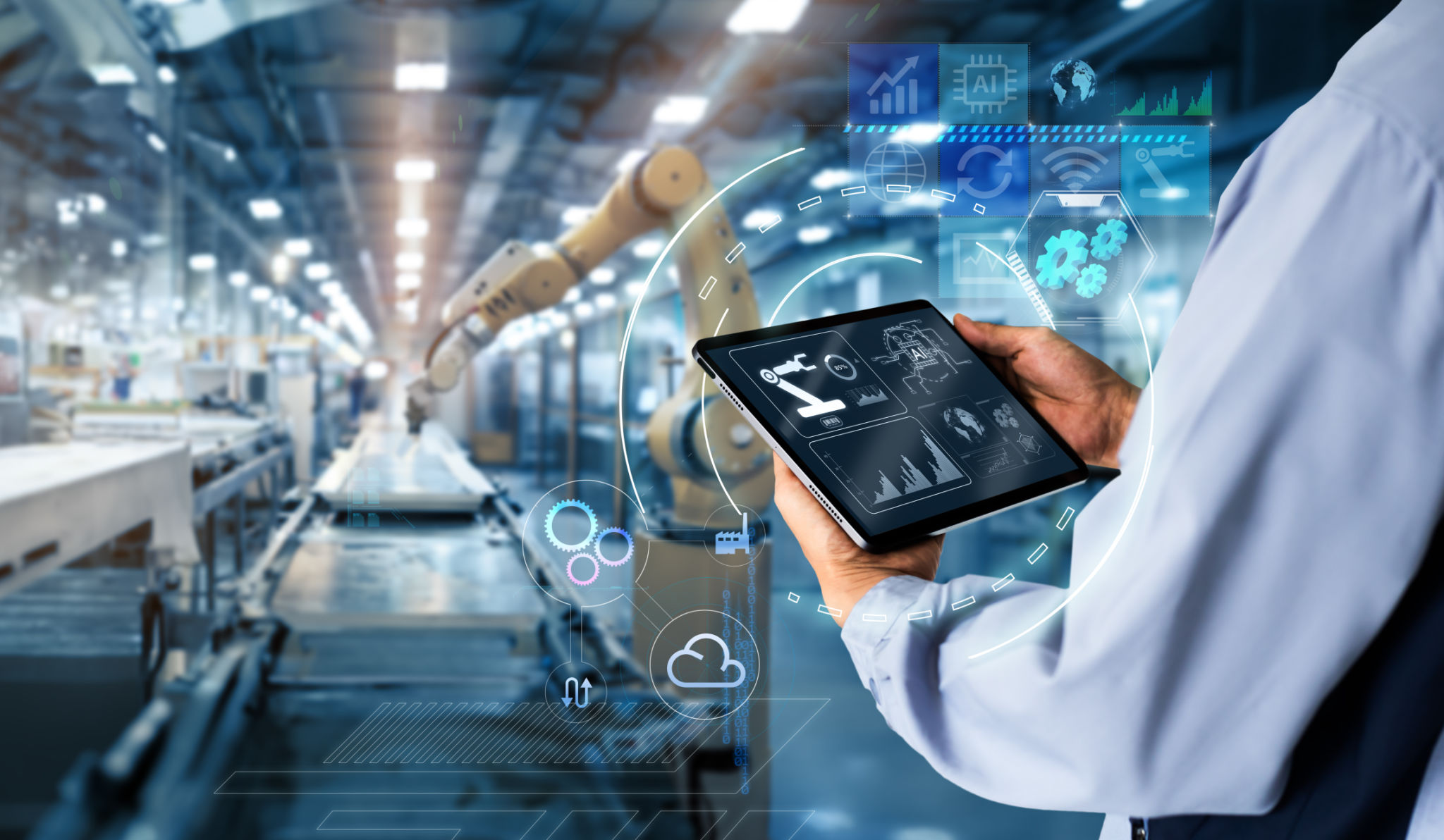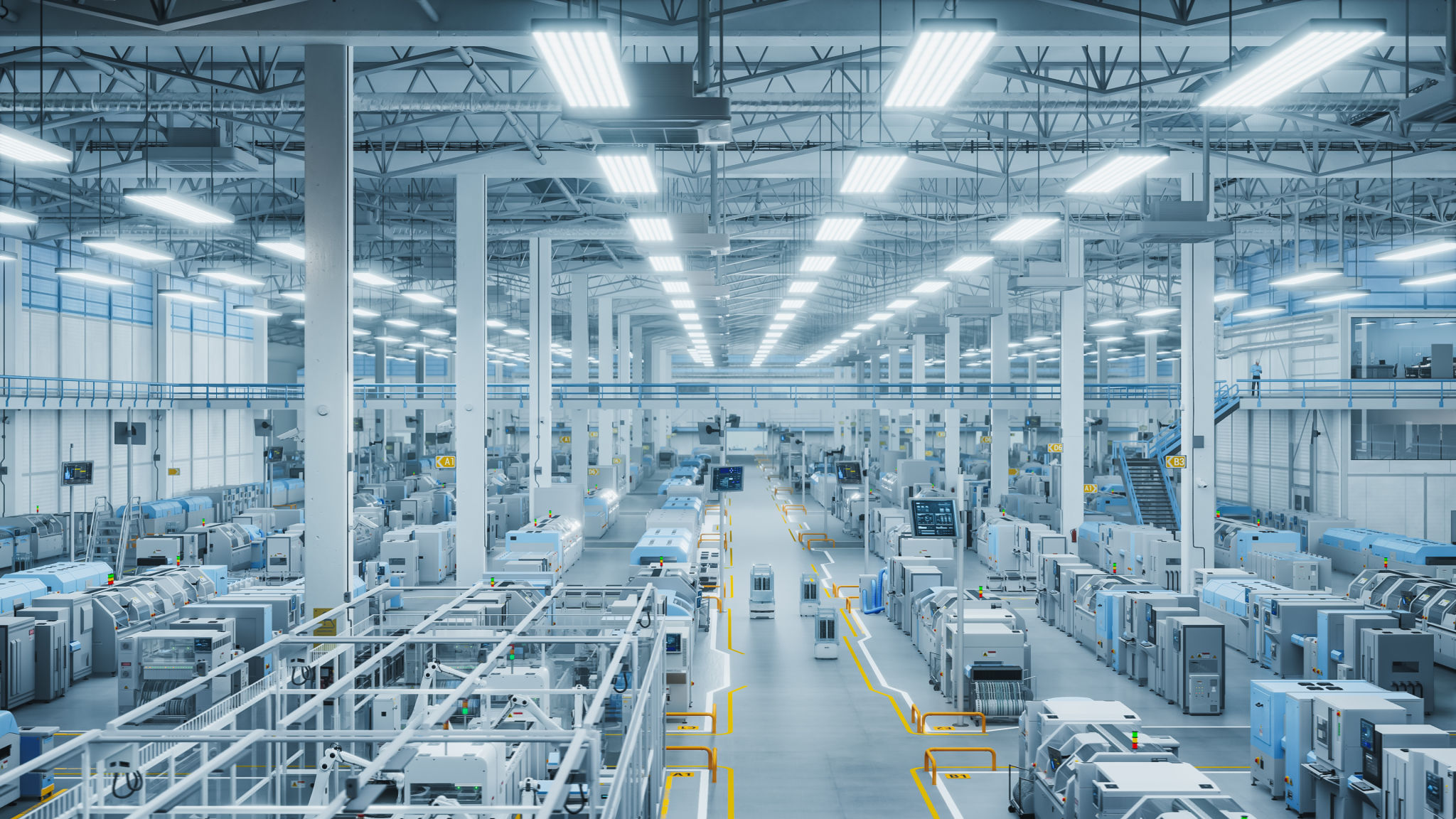Top Trends in Industrial Automation and Control Systems
The Rise of Smart Manufacturing
Industrial automation and control systems are at the forefront of the manufacturing revolution, often referred to as Industry 4.0. This new wave is characterized by the integration of smart technologies into manufacturing processes, leading to increased efficiency and reduced operational costs. By leveraging advanced robotics, artificial intelligence, and the Internet of Things (IoT), manufacturers are able to create more flexible and responsive production environments.

One significant trend is the use of IoT-enabled devices to gather real-time data from machinery and production lines. This data is then analyzed to optimize performance and predict maintenance needs, minimizing downtime and extending equipment life. As a result, factories are becoming more proactive rather than reactive in their maintenance strategies.
Advanced Robotics and Automation
The deployment of advanced robotics is another key trend shaping industrial automation. These robots are not only more capable but also more collaborative, working alongside human operators to enhance productivity. Cobots, or collaborative robots, are designed to be safe for human interaction and can be programmed to perform a wide range of tasks, from assembly to packaging.
Furthermore, robots are now equipped with machine learning capabilities, allowing them to adapt to changes in the production line autonomously. This flexibility makes them invaluable assets in industries where product lines frequently change or require customization.

Enhanced Control Systems with AI
Artificial intelligence is revolutionizing control systems by enabling smarter decision-making processes. AI algorithms can analyze vast amounts of data quickly and accurately, providing insights that were previously unattainable. This capability allows for more precise control over production parameters, leading to improved quality and efficiency.
Moreover, AI-driven control systems can adjust operations in real-time based on external factors such as supply chain disruptions or demand fluctuations. This adaptability ensures that production remains consistent and competitive in a rapidly changing market.
Cybersecurity in Industrial Systems
As automation systems become more interconnected, the need for robust cybersecurity measures grows. The increasing reliance on digital technologies exposes industrial systems to potential cyber threats. Therefore, implementing strong security protocols is essential to protect sensitive data and maintain operational integrity.

Companies are investing in advanced security solutions that include network segmentation, encryption, and continuous monitoring. These measures help safeguard against unauthorized access and ensure that industrial operations remain secure.
Sustainability Through Automation
Environmental concerns are driving industries to adopt sustainable practices, and automation plays a critical role in this transition. Automated systems can significantly reduce energy consumption by optimizing processes and minimizing waste. Additionally, they enable better resource management by precisely controlling inputs and outputs.
By embracing sustainable automation practices, companies not only reduce their environmental impact but also gain a competitive edge by appealing to eco-conscious consumers. This shift towards sustainability is expected to continue as regulatory pressures increase and public awareness grows.
